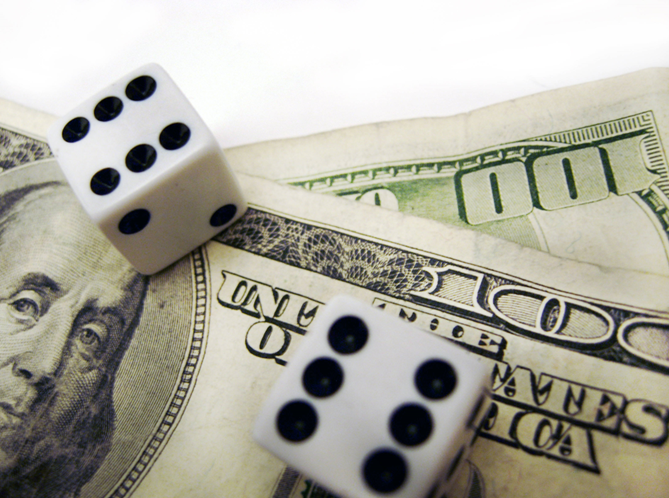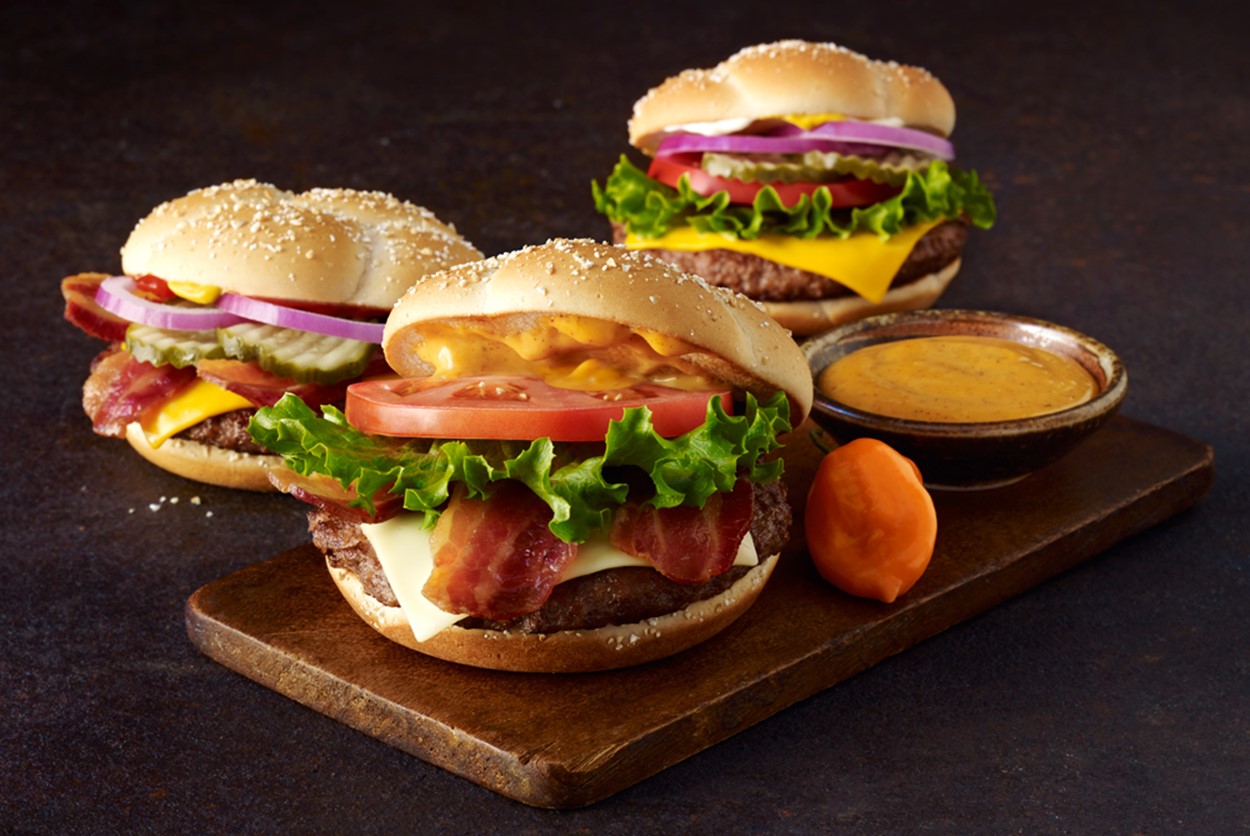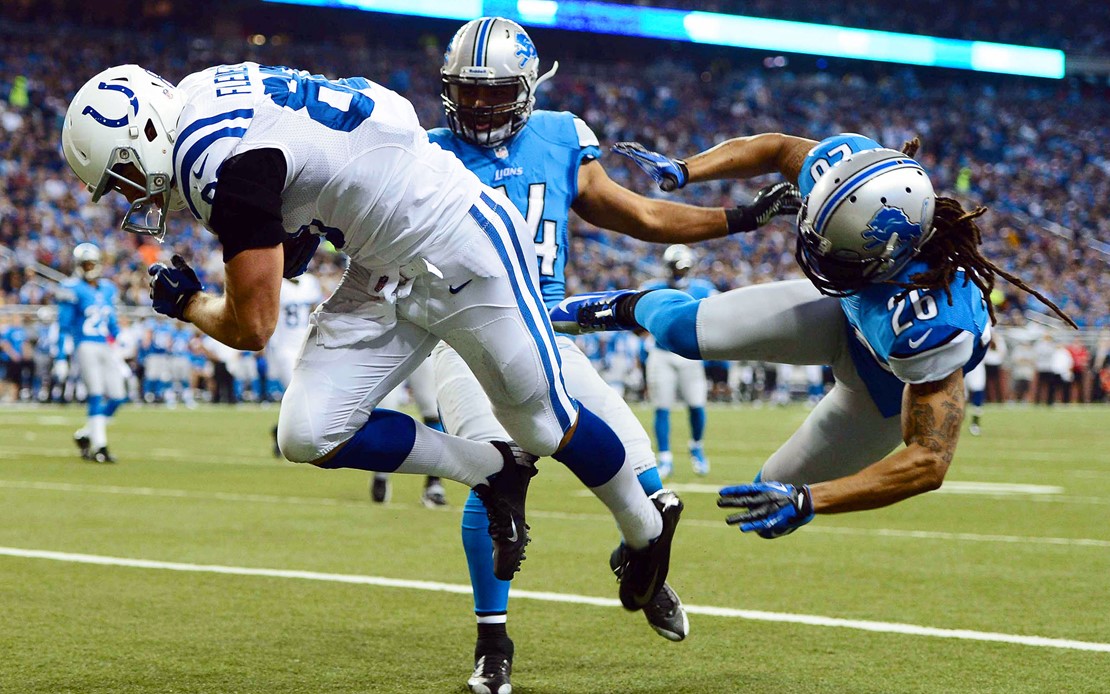Betting Markets On Trump
April 6, 2017 in Daily Bulletin

In the lead up to America’s previous Presidential election we covered betting markets where some punters thought that Trump’s chances were better than they looked at the time. Kim Hjelmgaard and Jane Onyanga-Omara wrote that the former casino magnate, now President, continues to draw gamblers:
- In Dublin – where, unlike the United States, betting markets are legal, one company is looking to hire a full-time bookmaker just to deal with the rush of bets that people are making on Trump’s administration.
- Currently odds are 3:1 that Trump will be impeached this year. And 100:1 that he’ll commission his face to be added to Mount Rushmore.
- Odds that Mexico will pay for the border wall Trump promised are 25:1.
- The average bet on Trump is $25. Multiple millions of dollars’ worth of bets have been made.
- Trump is attracting 50 times more bets that Obama did at this point in his Presidency.
Read more on USA Today.

















Join the Discussion! (No Signup Required)